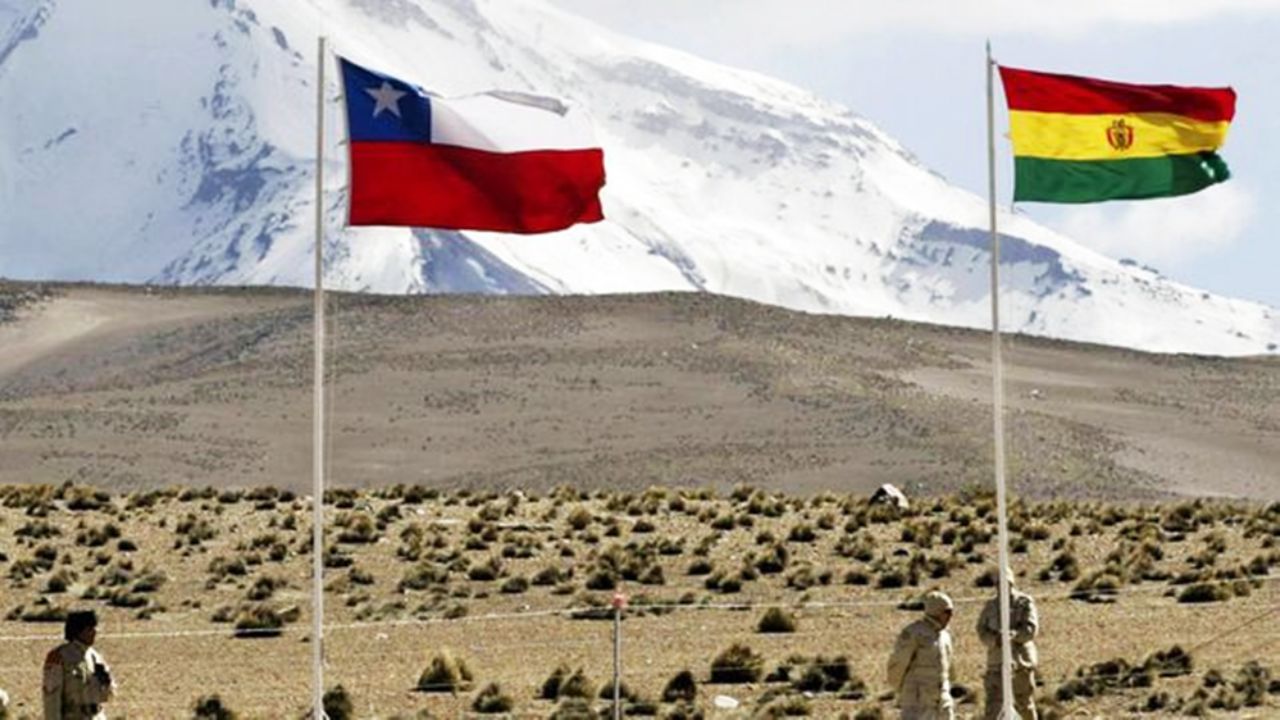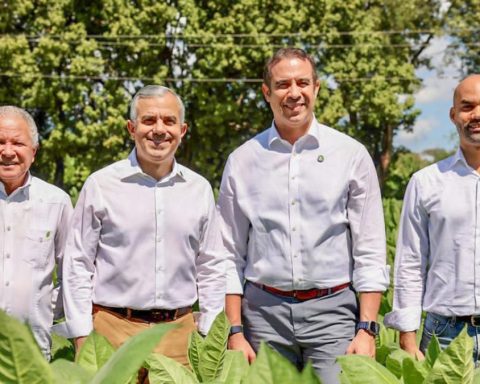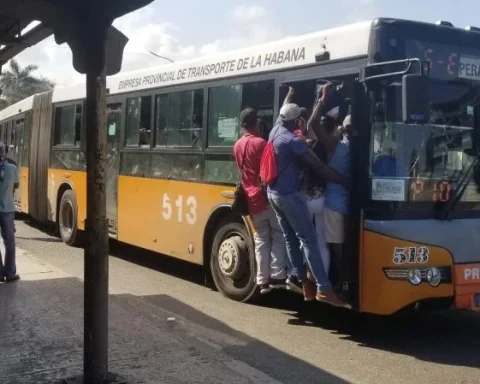EFE / Santiago de Chile
An 83-year-old migrant, of Venezuelan nationality, died this Tuesday in northern Chile after crossing the border from Bolivia near the town of Colchane.
The Health Service of this small border town reported the death and explained that the body was found in the Salar de Coipasa sector, 3,600 kilometers high in the middle of the desert, according to local media.
The migrant was identified as Humberto José Ávila Ávila, originally from Maracaibo, in Venezuela, and according to his sister, who was traveling with him, he suffered from hypertension.
“This death hurts because it is about an older adult who decides to undertake an impossible journey,” said the mayor of Colchane, Javier García. “His death tells us that migration has not stopped,” he added.
The inclement high plateau passes are the main irregular entry route to Chile, which continues to be one of the most attractive countries to migrate within Latin America due to its political and economic stability, despite the pandemic and the social crisis of 2019.
You can also read: Starting tomorrow, traffic on the border with Chile is normalized
The north has been plunged into a strong crisis for a year with the massive arrival of people through clandestine steps – the majority of Venezuelan nationality -, the collapse of small border towns, the celebration of marches against migration and xenophobic attacks.
So far this year at least seven people have died, while in 2021 there were more than twenty deaths.
The UN Refugee Agency (UNHCR) warned in December 2021 that nearly 500 Venezuelan refugees and migrants, including children, cross daily through irregular border crossings between Bolivia and Chile and arrive in the country “after several days without eating, with dehydration, hypothermia and altitude sickness”.
In Chile there are 1.4 million migrants, which is equivalent to more than 7% of the population, and Venezuelans are the most numerous, followed by Peruvians, Haitians and Colombians.


















